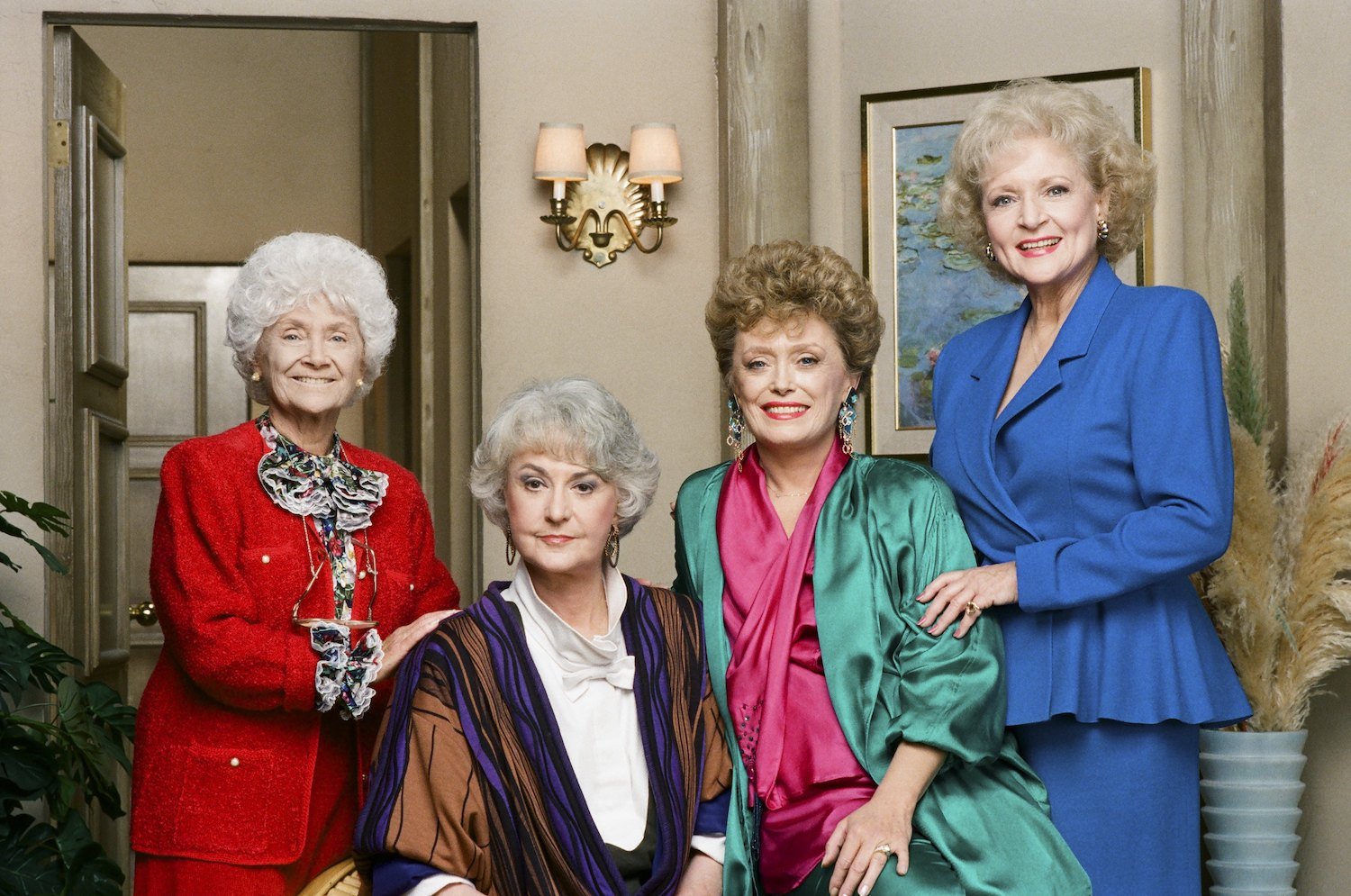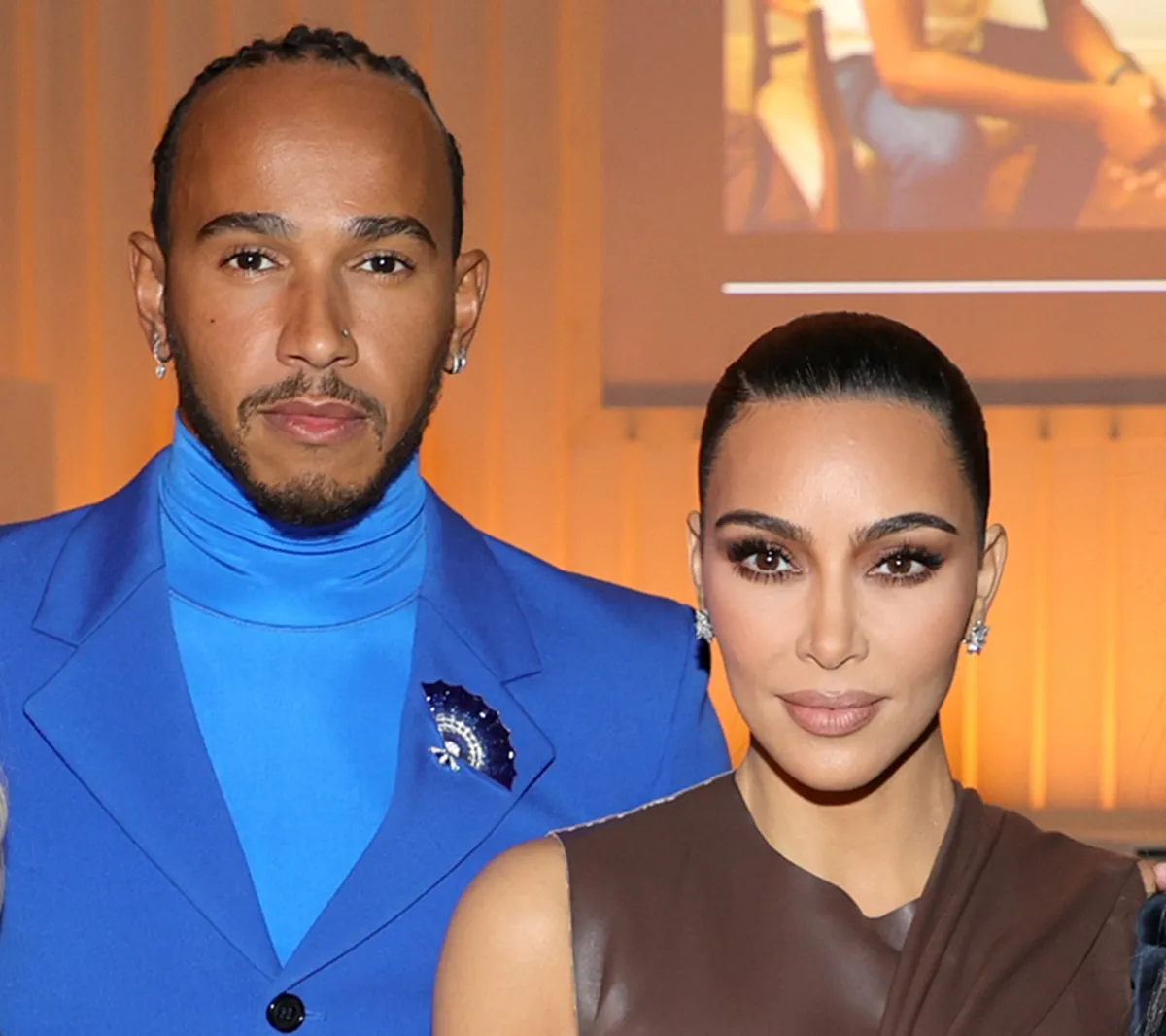‘The Golden Girls’ Addressed Racism and the Confederate Flag 30 Years Ago
The Golden Girls isn’t where people would think to look for social commentary, but there are actually plenty of moments that are still relevant in today’s environment. The classic sitcom had Betty White, Rue McClanahan, Bea Arthur, and Estelle Getty tackling topics like homosexuality, racism, immigration, and more in a surprisingly progressive way for a show of its kind in the late ’80s and early ’90s.

The Confederate flag has been in the news recently
The Confederate flag has been a point of contention in the United States since the end of the Civil War over 150 years ago. It’s received renewed attention this year, in part due to NASCAR’s banning of the flag at its events and the racist treatment of Bubba Wallace, NASCAR’s only Black driver, by NASCAR fans.
The debate around the Confederate flag — as it has been for decades — is about what the flag actually means, and what the people who fly the flag are really trying to communicate.
‘The Golden Girls’ addressed the racism behind the Confederate flag
Following the cancellation of The Golden Girls in 1992, three of the show’s four original girls returned for a spinoff called The Golden Palace. White, McClanahan, and Getty reprised their roles as Rose, Blanche, and Sophia as they invested in a hotel in Miami Beach, Florida. The hotel’s manager Roland (played by Marvel star Don Cheadle) became a fixture throughout the short-lived series.
In an episode titled “Camptown Races Aren’t Nearly as Much Fun as They Used to Be,” Blanche Devereaux (played by McClanahan) invites some friends who are part of an organization called the Daughters of the Traditional South to stay at the hotel. Roland is uncomfortable and believes that they’re bigoted toward Black people, but Blanche assures him there’s nothing to worry about.
When Blanche hangs a Confederate flag on the front desk of the hotel, Roland quickly tells her how he feels. He says that the flag has always stood for prejudice and hatred, and Blanche’s excuse is that the flag belonged to her grandfather and that it represents only good family memories for her growing up in the South.
‘The Golden Girls’ exposed ‘the truth’ about the Confederate flag
Over the course of the episode, Roland grows increasingly frustrated and upset that Blanche is so insistent on inviting the Daughters of the Traditional South and displaying the Confederate flag in the lobby of the hotel. He compares the Confederate flag to the Nazi flag, and the point he tries to make goes over Blanche’s head. When he mentions the racist history of the flag, she fires back saying, “Well that’s ancient history and you know it! Things aren’t like that anymore!”
Roland later tries to get through to Blanche again. “This flag, Mrs. Devereaux, is not about college football games or quilting bees or fried chicken on Sunday,” he says. “It’s about colleges that won’t let me in. It’s about companies that won’t hire me. It is about crosses being burned on people’s lawns today — not in the evil past, Blanche, today.” When she refuses to give up the flag, Roland quits his job working at the hotel.
After he quits, Roland confronts Blanche and Rose at the front desk where the Confederate flag is still hanging. Blanche insists that Roland stop thinking of her as a racist because of her love for the Confederate flag, and he jokingly puts on the voice of a subservient Black person from the past: “Oh yes ma’am, Miss Devereaux! Ol’ Rolan’ don’t wanna cause you no trouble ‘tall!”
One of the Daughters of the Traditional South sees this and tells Blanche “You hold on to that one; he’s a good one!” Blanche was shocked, and when Roland repeated “He’s a good one!” she immediately realizes her mistakes and chases after him.
“Roland, I don’t feel like that woman in there. I don’t feel like that at all,” Blanche says, to which he replies, “But can’t you see, Blanche? That flag ties what you believe and what she believes together.”
“I’m telling you the legacy of that flag is alive every time I walk down the street with a group of my friends and I see a white person cross over to the other side because they’re afraid,” he continues, “or when I’m in the elevator with somebody like you and you’re all huddled over in the corner wondering what I’m gonna do.”
Blanche tells Roland that she doesn’t know what to think about all of her fond memories of her friends and family, and is having trouble reconciling her memories with reality. She laments that all of her memories are “tarnished,” and pauses before continuing her sentence, “by the truth.”


